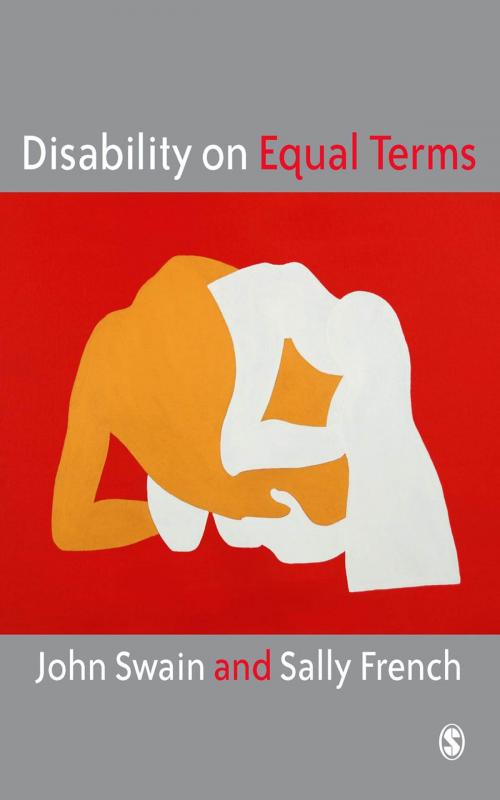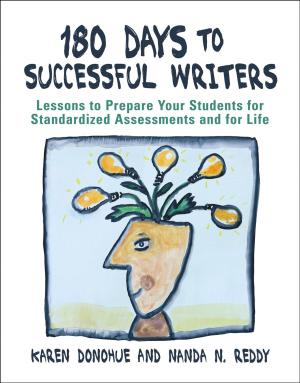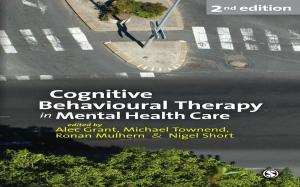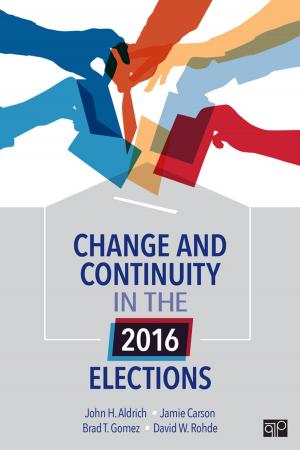| Author: | ISBN: | 9781473902695 | |
| Publisher: | SAGE Publications | Publication: | March 17, 2008 |
| Imprint: | SAGE Publications Ltd | Language: | English |
| Author: | |
| ISBN: | 9781473902695 |
| Publisher: | SAGE Publications |
| Publication: | March 17, 2008 |
| Imprint: | SAGE Publications Ltd |
| Language: | English |
'Disability on Equal Terms is not a Turgid and difficult book despite its accent on complex and challenging themes. It is a lively and important read' - The Skill Journal, June 2009
`[A] collection of highly readable and scholarly essays that reflect both the theoretical and practical implications of recent developments in the field. This book is essential reading for everyone interested in disability: highly recommended' - Colin Barnes, Centre for Disability Studies, University of Leeds
This authoritative collection of writings examines and challenges traditional notions of disability. Edited and written by leading experts in the field, it offers a multidisciplinary approach to disability studies, incorporating perspectives from a wide range of health and social care services, as well as a distinct and unique emphasis on the views, experiences, work and personal testimonies of disabled people themselves.
The book is divided into three sections, each of which is prefaced by an editorial introduction which brings together the key themes and issues under discussion. Each section:
" Examines the dominant assumptions about disability and impairment and their historical and cultural contexts
" Documents the challenges to such presumptions generated by disabled people themselves
" Explores the implications of such challenges for professional policy and practice
This ground-breaking book will be essential reading for those studying disability studies, social work, nursing, and allied health and social care at all levels. It will also be a thought-provoking and inspiring read for disabled people and activists, professionals and policy makers.
John Swain is based in the School of Health, Community and Education Studies at Northumbria Univeristy. Sally French is based at the Open Univeristy. Previous publications include the co-edited Disabling Barriers, Enabling Environments, Second Edition (SAGE, 2004).
'Disability on Equal Terms is not a Turgid and difficult book despite its accent on complex and challenging themes. It is a lively and important read' - The Skill Journal, June 2009
`[A] collection of highly readable and scholarly essays that reflect both the theoretical and practical implications of recent developments in the field. This book is essential reading for everyone interested in disability: highly recommended' - Colin Barnes, Centre for Disability Studies, University of Leeds
This authoritative collection of writings examines and challenges traditional notions of disability. Edited and written by leading experts in the field, it offers a multidisciplinary approach to disability studies, incorporating perspectives from a wide range of health and social care services, as well as a distinct and unique emphasis on the views, experiences, work and personal testimonies of disabled people themselves.
The book is divided into three sections, each of which is prefaced by an editorial introduction which brings together the key themes and issues under discussion. Each section:
" Examines the dominant assumptions about disability and impairment and their historical and cultural contexts
" Documents the challenges to such presumptions generated by disabled people themselves
" Explores the implications of such challenges for professional policy and practice
This ground-breaking book will be essential reading for those studying disability studies, social work, nursing, and allied health and social care at all levels. It will also be a thought-provoking and inspiring read for disabled people and activists, professionals and policy makers.
John Swain is based in the School of Health, Community and Education Studies at Northumbria Univeristy. Sally French is based at the Open Univeristy. Previous publications include the co-edited Disabling Barriers, Enabling Environments, Second Edition (SAGE, 2004).















